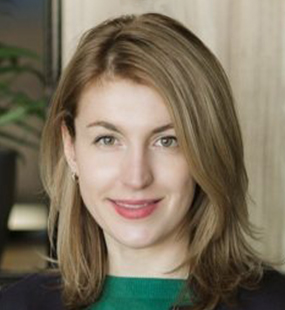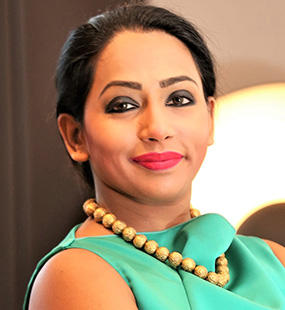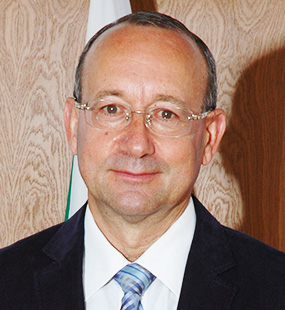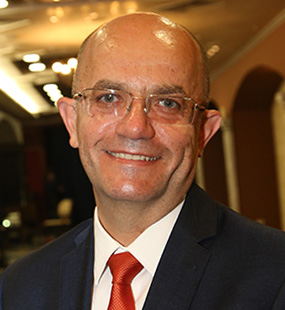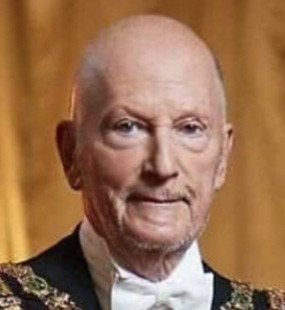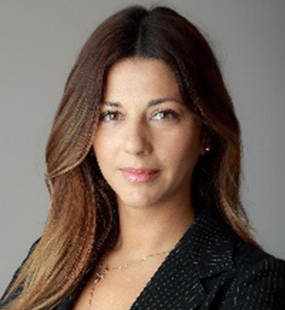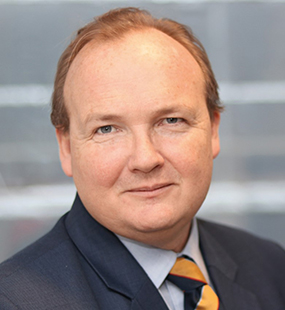Global Tourism Investment Summit London 2022
Rethinking Investment in tourism through sustainability and resilience
Day I – Tuesday 8 November 2022
Venue: INSIGHT STAGE, ExCel, London
Master of Ceremony – Paul Hoskins, Director ITIC Ltd and Invest Tourism Ltd
15:20 – 15:25 GMT Opening Remarks
Dr. Taleb Rifai, Chairman of ITIC and Former Secretary-General, UNWTO
15:25 -15:40 GMT Investing in tourism sustainability: The dynamics of social inclusion and environmental protection on tourism growth
Carmen Roberts, Presenter, The Travel Show, BBC News interviewing Tshoganetso Carl-Ponoesele, Acting CEO Botswana Tourism Office
15:40 –16:40 GMT To what extent is the travel and tourism industry resilient to ensure a fair return on investment?
Moderator: Rajan Datar, Presenter and Broadcaster, BBC
Panellists:
- Dr. Taleb Rifai, Chairman of ITIC and Former Secretary-General, UNWTO
- Hon. Edmund Bartlett, Minister of Tourism of Jamaica
- H.E Nayef Al-Fayez Minister of Tourism and Antiquities of Jordan
- H.E Ahmed Issa, Minister of Tourism and Antiquities of Egypt
- Ken Osei, Principal Investment Officer, IFC
16:40 – 17:20 GMT Insights in emerging sustainability trends while the travel and tourism sector is recovering
Gerald Lawless, Director ITIC and Ambassador WTTC in conversation with:
- Hon. Elena Kountoura, Member of European Parliament
- Nikolina Angelkova, Former Minister of Tourism, Bulgaria
- Nadia Keza, Chairperson, Rwanda Travel and Tour Association
17:20 – 17:30 GMT Closing
- Ibrahim Ayoub, Group CEO ITIC Ltd and Invest Tourism Ltd
- Paul Hoskins Director ITIC Ltd and Invest Tourism Ltd
Day II – Wednesday 9 November 2022
Venue: Canary Riverside Plaza, Canary Wharf London
Master of Ceremony – Paul Hoskins, Director ITIC Ltd and Invest Tourism Ltd
09:00 – 09:30 GMT Registration, meet and greet
09:30 – 09:45 GMT Welcoming Remarks
Dr. Taleb Rifai, Chairman of ITIC and Former Secretary-General, UNWTO
09:45 – 10:30 GMT Morning conversations – The Current Economic Outlook and predictions for the Travel and Tourism sector in 2023
Rajan Datar, Presenter and Broadcaster, BB in conversation with:
- Eymen Errais, PhD, FRM, Investment and Private Sector Development Advisor
- Olivier Ponti, Vice-President ForwardKeys
- Aradhana Khowala, CEO, Aptamind Partners
10:30 – 11:30 GMT Investment Ministerial Panel – Attracting investments in tourism through incentive and conducive policies to build sustainable destinations.
Moderator: Emma Nelson, Presenter and Broadcaster, BBC
Introduction: Dr. Taleb Rifai, Chairman of ITIC and Former Secretary-General,UNWTO
Panellists:
- Hon. Edmund Bartlett, Minister of Tourism, Jamaica
- Hon. Philda Nani Kereng, Minister of Environment and Tourism, Botswana
- H.E. Nasise Challi Jira, Minister of Tourism, Ethiopia
- Hon. Elena Kountoura, Member of European Parliament
11:30 – 11:45 GMT Networking Break
11:45 – 12:00 GMT Developing an Emerging Tourism Destination. Discover the vision of Botswana Tourism
A one-to-one interview of Hon. Philda Kereng, Minister of Environment and Tourism of Botswana by Rajan Datar, Presenter and Broadcaster of the BBC
12:00 – 12:45 GMT Changes in customers’ behaviour, how are they affecting the ROI of hotels and tourism attractions?
Moderator: Gerald Lawless, Director ITIC Ltd, Invest Tourism Ltd and Ambassador WTTC
Panellists:
- Hamza Farooqui, CEO, Millat Investments (Pty) Ltd
- Mohammed Al Eissa, Chief corporate planning and communications officer – Oman Tourism Development Co (OMRAN Group)
- Michael Nagy, Commercial Director, Fairmont, Rio de Janeiro Copacabana, Brazil
12:45 – 13:00 GMT Discover Investment Opportunities in Brazil
13:00 – 14:00 GMT Networking Lunch
14:00 – 14:45 GMT Strengthening cooperation within Commonwealth to boost trade and investment in the travel and tourism sector
Moderator: Emma Nelson, Presenter and Broadcaster
Introduction: Dr. Taleb Rifai, Chairman of ITIC and Former Secretary-General,UNWTO
Panellists:
- Hon. Edmund Bartlett, Minister of Tourism, Jamaica
- Hon. Philda Nani Kereng, Minister of Environment and Tourism, Botswana
- Professor Dimitrios Buhalis, Director eTourism Lab & Deputy Director International Centre for Tourism and Hospitality Research, Bournemouth University Business School
- Arvind Singh, Secretary Ministry of Tourism, India
14:45 – 15:00 GMT Discover Investment Opportunities in Oman
Mohammed Al Eissa, Chief corporate planning and communications officer – Oman Tourism Development Co (OMRAN Group)
15:00 – 15:30 GMT Increasing investment flows in Africa’s tourism industry. How is Botswana positioning itself as a gateway for the Southern African region?
Moderator: Rajan Datar, Presenter and Broadcaster, BBC
Panellists:
- Tafa Tafa, Executive Manager, Investment & Product Development, Botswana Tourism Organisation
- Ken Osei, Principal Investment Officer, IFC
- Cuthbert Ncube, Executive Chairman, African Tourism Board
Presentation of Investment opportunities in tourism
15:30 – 15:50 GMT Case study and Presentation – Building a successful Smart City contributing to tourism growth, by attracting diversified sources of investment
Presentation by Jonathan Puzon-Gomez, Director of Tourism, Malaga
15:50 – 16:10 GMT Presentation of Tourism Investment Opportunities by Baseera & RHH Consultants
Presentation by HRH Dr. Abdulaziz Bin Nasser Bin Abdulaziz Al Saud, Chairman of Baseera Group and Raed Habiss, Founder & CEO of Baseera group & RHH Consultancy and former Director of Tourism Investment of OIC
16:10 – 16:30 GMT Investment opportunities in Bulgaria & Africa
Speakers:
- Nikolina Angelkova, Former Minister of Tourism, Bulgaria
- Cuthbert Ncube, Executive Chairman, African Tourism Board
16:30 – 16:45 GMT Networking Break
16:45 – 17:30 GMT Achieving success in sustainable destinations. How are investors sharpening their ESG strategies to optimize their return on investment?
Moderator: Rajan Datar, Presenter and Broadcaster, BBC
Panellists:
- Tshoganetso Carl-Ponoesele, Acting CEO Botswana Tourism Office
- Dr. Abufaz Garayez, Former Minister of Culture and Tourism of Azerbaijan
- Sadia Sajjd, Country Manager Country Manager UK, Ireland, Denmark and Malta, IFC
- Ibrahim K Osta Chief of Party USAID Developing Sustainable Tourism in Bosnia and Herzegovina (Turizam)
- Heitor Kadri, National Secretary of Investment Attractions, Concessions and Partnerships, Ministry of Tourism, Brazil
17:30 – 17:45 GMT Closing
Speakers:
- Dr. Taleb Rifai, Chairman, ITIC Ltd and Invest Tourism Ltd and Former Secretary-General, UNWTO
- Gerald Lawless, Director ITIC Ltd, Invest Tourism Ltd and Ambassador WTTC
- Paul Hoskins, Director ITIC Ltd and Invest Tourism Ltd
- Ibrahim Ayoub, Group CEO ITIC Ltd and Invest Tourism Ltd


